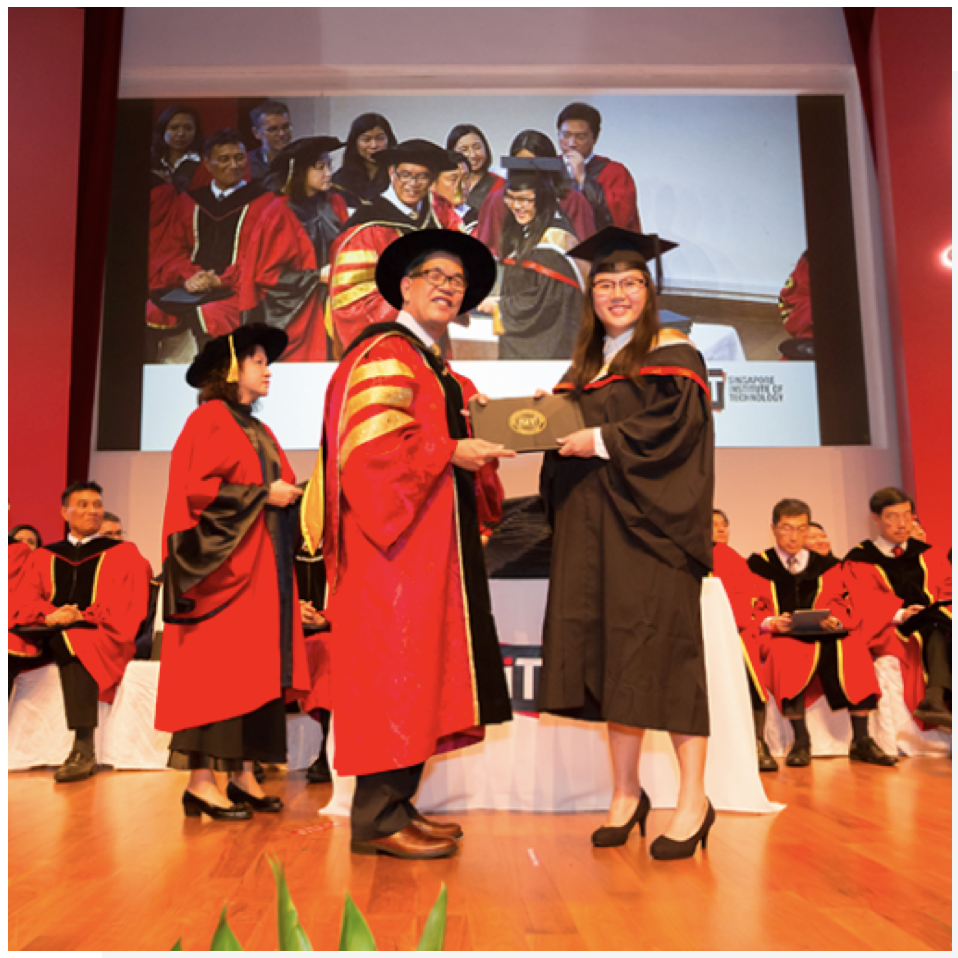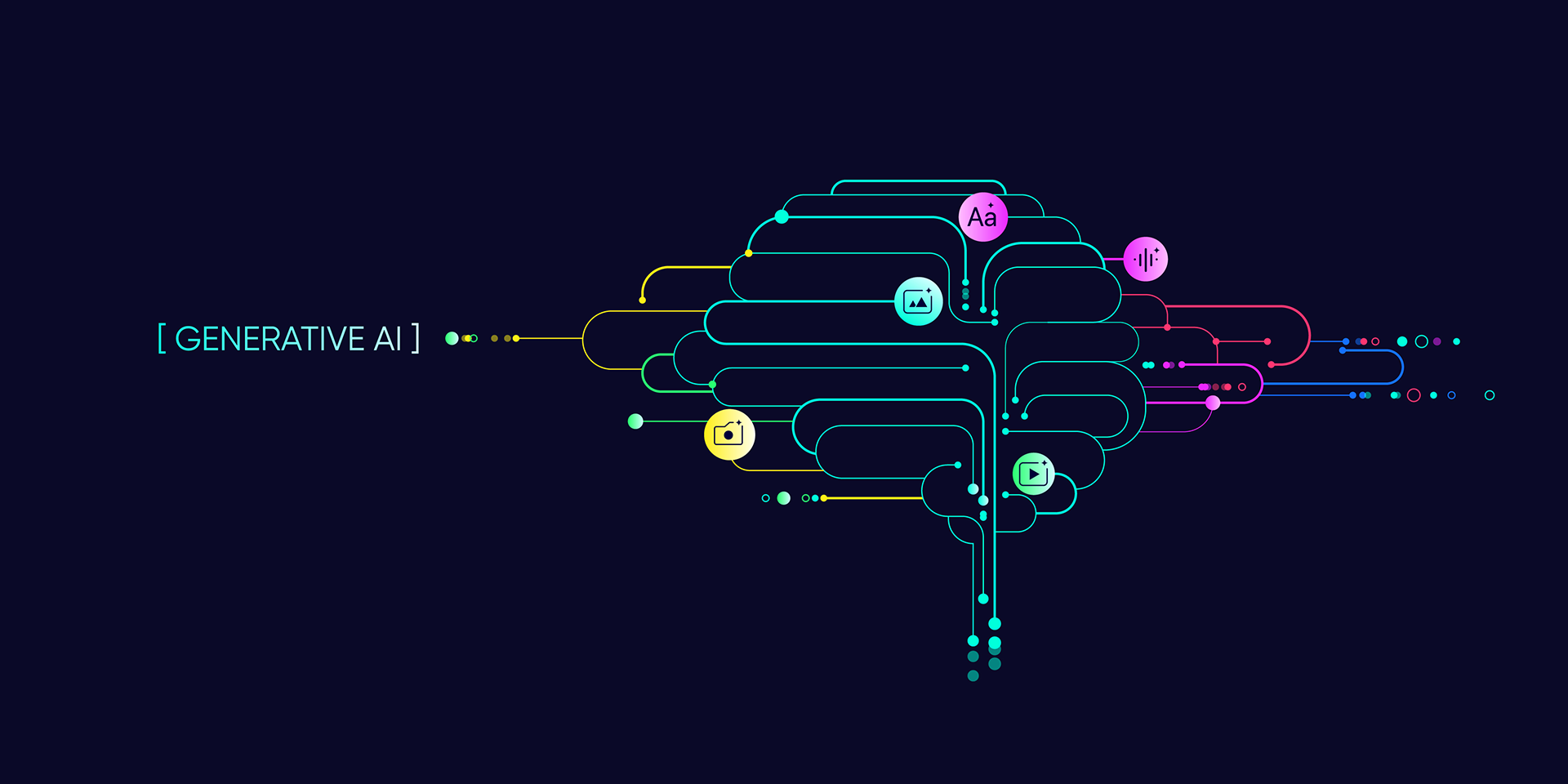
About Course
This specialised micro-credential equips learners with in-demand expertise in Natural Language Processing (NLP) and Large Language Models (LLMs), focusing on AI-driven text automation, business intelligence, and conversational AI.
Hands-on experience will be gained in developing and optimising NLP and LLM systems, covering key topics such as transformer architectures, attention mechanisms, embeddings, and transfer learning – essential for building scalable solutions like sentiment analysis engines, machine translation systems, chatbots, and automated content generation tools.
The micro-credential combines both theoretical frameworks and practical applications. Learners will develop skills in text preprocessing, tokenisation, embedding techniques, and model evaluation, with a focus on training classification and regression models, applying optimisation strategies, and using industry-standard evaluation metrics. Additionally, the course delves into LLMs, with an emphasis on transformer models and fine-tuning them for real-world applications such as chatbots and generative AI solutions.
Integrating online and in-person delivery, the micro-credential includes activities such as building an NLP application, developing preprocessing pipelines, training and evaluating models, and fine-tuning a GPT model. You will also create runnable notebook code to demonstrate model outputs. By the end, you will be equipped to design and implement practical NLP and LLM solutions for real-world use cases.
This micro-credential is part of the CSM Pathway in Applied Computing.
Who Should Attend
Assumed Prior Knowledge
It is recommended that learners have at least one year of experience in Python programming, along with a foundational understanding of Machine Learning and Natural Language Processing.
Learning Outcomes
This micro-credential is predominantly delivered through a competency-based education (CBE) approach where learners acquire and demonstrate mastery of knowledge and skills that are directly relevant to job functions. This prepares them to be industry-ready where they can apply their newly acquired competencies to their work.
List of Competency Units
| Code | Competency Unit Title | Credits |
|---|---|---|
| ICT3506C | Natural Language Processing | 9 |
| ICT3507C | Large-Language Models (LLM) Architecture | 9 |
The above are competency units that constitute this micro-credential. Upon completion of the micro-credential, you will be able to:
- Develop and implement NLP and LLM-driven AI solutions by applying core methodologies in text processing, sentiment analysis, machine translation, chatbots, and automated text generation, ensuring scalability and real-world applicability
- Design, train and optimise machine learning and deep learning models for natural language understanding and generative AI, leveraging transformer architectures, attention mechanisms, embeddings, and transfer learning to enhance text-based applications
- Evaluate and fine-tune NLP and LLM models using industry-standard performance metrics, optimisation strategies, and emerging advancements, ensuring effective deployment and alignment with business and AI industry needs

Coaching for Success
During the course, you will have access to a team of qualified success coaches who can work with you on learning strategies or to develop a personalised learning plan. Through the success coaches, you can gain access to a wide range of resources and support services, and be empowered with the necessary tools to navigate your learning journey successfully.
Teaching Team

Christopher Teoh
Assistant Professor, DigiPen (Singapore)

Anne Yu
Lecturer, DigiPen (Singapore)
Course Details
Schedule
| Week | Learning Activity | Delivery and Time |
|---|---|---|
| 1 | Micro-credential and competency unit briefing | In-person Time TBC |
| 1 – 13 | Online content and video lessons Self-paced online laboratory sessions Self-directed learning | Asynchronous Online |
| 2 – 6 & 9 – 13 | Consultations | In-person Time TBC |
| 3 – 5 & 10 – 12 | Assignments | Online |
| 6 & 13 | Quizzes | Synchronous Online |
Certificate and Assessment
A Specialist Certificate in Advanced Generative Text Artificial Intelligence will be issued to learners who:
- Attend at least 75% of the course and
- Undertake and pass all credit bearing assessments
Assessment Plan
The learner will undertake a combination of quizzes, and a project during the course.
Fee Structure
The full fee for this course is S$9,868.86.
| Funding Category | Eligible Funding | Course Fees Payable After Funding |
|---|---|---|
| Singapore Citizen (Below 40) | 70% | S$2,960.66 |
| Singapore Citizen (Above 40) Funded under SkillsFuture Mid-Career Enhanced Subsidy (MCES) | 90% | S$1,149.86 |
| Singapore PR / LTVP+ Holder | 70% | S$2,960.66 |
| Non-Singapore Citizen | Not Eligible | S$9,868.86 |
Note:
- A one-time, non-refundable matriculation fee of $54.50 will be collected before course commencement.
- All fees above include GST. GST applies to individuals and Singapore-registered companies.
- Should you decide to convert to the degree pathway, you will be subject to SIT’s tuition fees and may qualify for the Ministry of Education (MOE) tuition grant, based on eligibility criteria set by MOE. Please note that the SkillsFuture subsidy will no longer be applicable once you convert to the degree pathway.
Course Runs
Learning Pathway

Earn your Specialist Certificate
New Engineering Micro-credentials Launching Soon!
Exciting news! We are introducing new micro-credentials in Electrical and Electronic Engineering & Infrastructure and Systems Engineering. Be among the first to know by registering your interest today! Register now →

